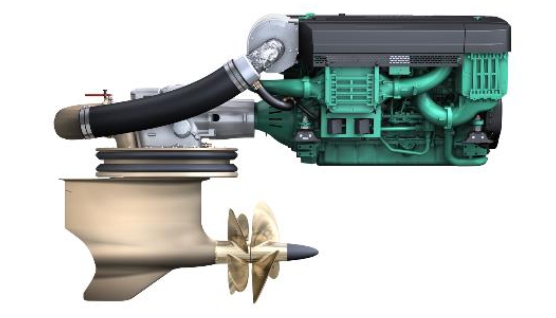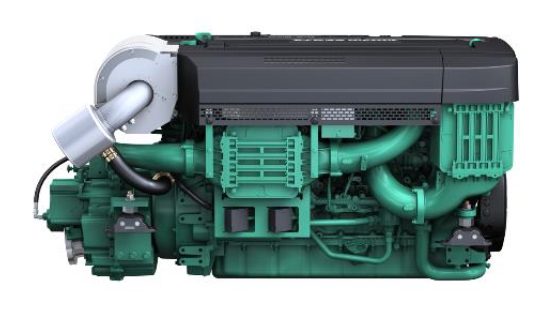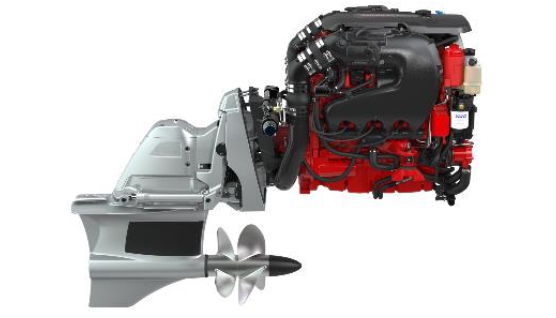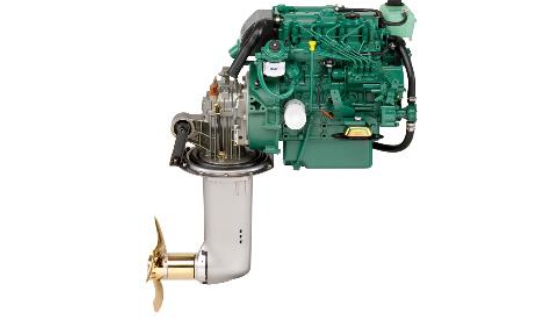A PROPULSION REVOLUTION
The unique Volvo Penta IPS system improves power, performance as well as onboard comfort for operators in both commercial and leisure applications. The system increases control, maneuverability and fuel efficiency and allows for a wide number of beneficial optional features and functions. The key to these exceptional qualities lies in the forward-facing, twin counter-rotating propellers with individually steerable IPSs under the hull.
OPTIMIZED POWER AND CONTROL
Thanks to excellent fuel efficiency, first-class maneuverability and enhanced onboard comfort, Volvo Penta IPS meets just about any demand for powerboat applications. Each IPS installation is a complete and perfectly matched propulsion package – delivering optimized power and control in all conditions. Maneuverability, onboard comfort and reliable performance are all taken to a whole new level, while the layout of the IPS installation leads to a more compact engine room, creating more usable space onboard.
A WELL PROVEN SUCCESS
Thousands of applications with the distinctive, forward-facing, twin counter-rotating propellers and individually steerable IPSs have been installed in hundreds of boat models worldwide.
A few of the many benefits when comparing to inboard shafts are up to:
- 40% longer cruising range
- 20% higher topspeed
- 30% reduced fuel consumption
- 30% less CO2 emissions
- 50% lower perceived noise
- More onboard space
INCREASED PERFORMANCE
It may seem like an impossible combination, but the IPS system manages to lower the fuel consumption, while improving the engine’s performance. In a matchup against inboard shafts of the same power, the differences are easy to register. The boat equipped with Volvo Penta IPS accelerates much faster and has a higher top speed.
30% LESS FUEL, 40% LONGER RANGE
When it comes to fuel economy, the benefits of Volvo Penta IPS are obvious – an impressive 30% of possible reduction in fuel consumption at cruising speed, compared to inboard shaft engines. That translates into longer range by over 40%, and of course a huge drop in exhaust emissions.









